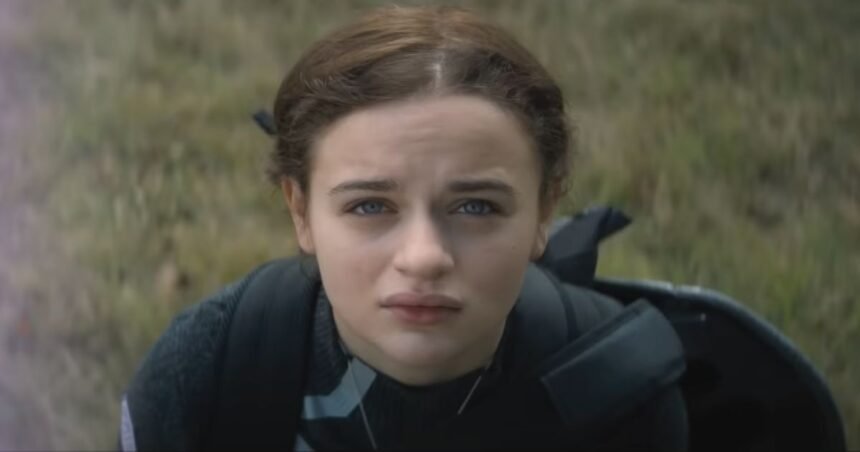The young adult (YA) dystopian genre has seen its fair share of hits and misses over the past decade. With iconic franchises like The Hunger Games and Divergent, Hollywood cashed in on this trend. Now, in an attempt to revitalize this genre, Netflix presents Uglies, adapted from Scott Westerfeld’s 2005 novel. However, this adaptation stumbles more than it shines, leaving viewers wondering if the genre has finally overstayed its welcome.
When you hear about a YA dystopian movie, you might think of The Hunger Games or Divergent, which captivated audiences with high-stakes drama and thought-provoking messages. Unfortunately, Uglies is a reminder of why the genre may have run its course. Netflix’s latest attempt to resurrect the young adult dystopian craze feels both dated and lackluster, failing to engage in the way its predecessors once did.

The Surge and Downfall of YA Dystopian Franchises.
YA dystopian films reached their height with popular franchises such as The Hunger Games, Divergent, and The Maze Runner. These films captured the essence of rebellion, societal critique, and the power of individuality, wrapped in thrilling action scenes and teenage angst.
However, after the initial rush, the genre saw a steep decline. Audiences became weary of the familiar plotlines, and the box office numbers reflected this fatigue. Enter Uglies, a film trying to rekindle the magic but arriving too late to the party.
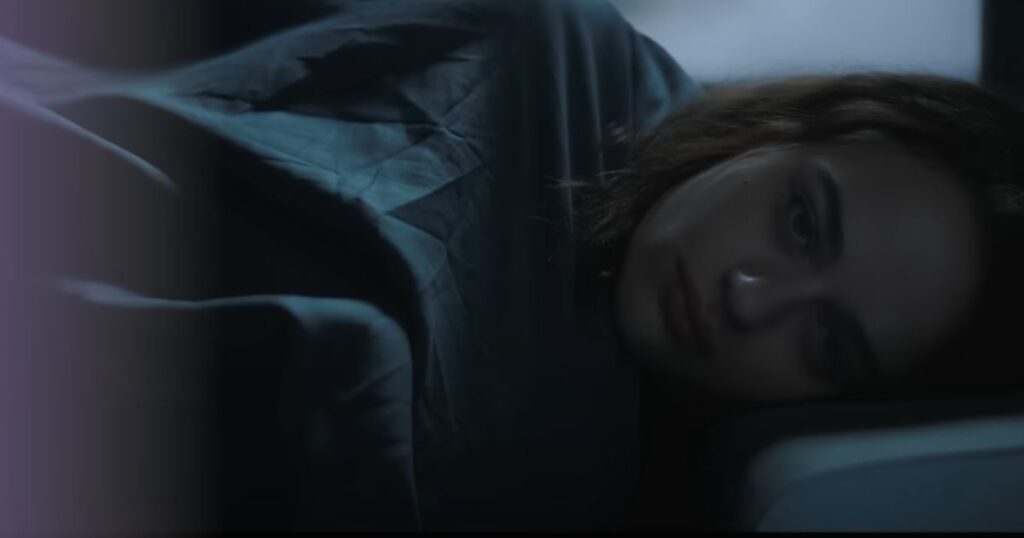
Netflix’s Attempt to Revive the Genre
Netflix’s adaptation of Uglies is based on Scott Westerfeld’s popular 2005 novel, which explores a world where everyone undergoes mandatory plastic surgery at the age of 16 to become “Pretty.” While the novel was relevant during its release, this adaptation feels like a late entry in a genre that has lost much of its luster.
From the first few scenes, it’s clear that Uglies struggles to find its footing. The film lacks the punch that made other YA adaptations memorable, leaning heavily on overused tropes and a weak script.
Plot Overview
The story follows Tally Youngblood, a teenager living in a future society obsessed with physical beauty. In this world, everyone is forced to undergo a transformation at the age of 16, where they receive plastic surgery to become “Pretty.” However, as Tally begins to question the society’s rigid beauty standards, she finds herself involved with a group of rebels known as the Smoke.
The premise offers an interesting critique of beauty standards, especially in today’s world of social media and plastic surgery trends. The film’s potential is undermined by its rushed execution, leaving much to be desired.
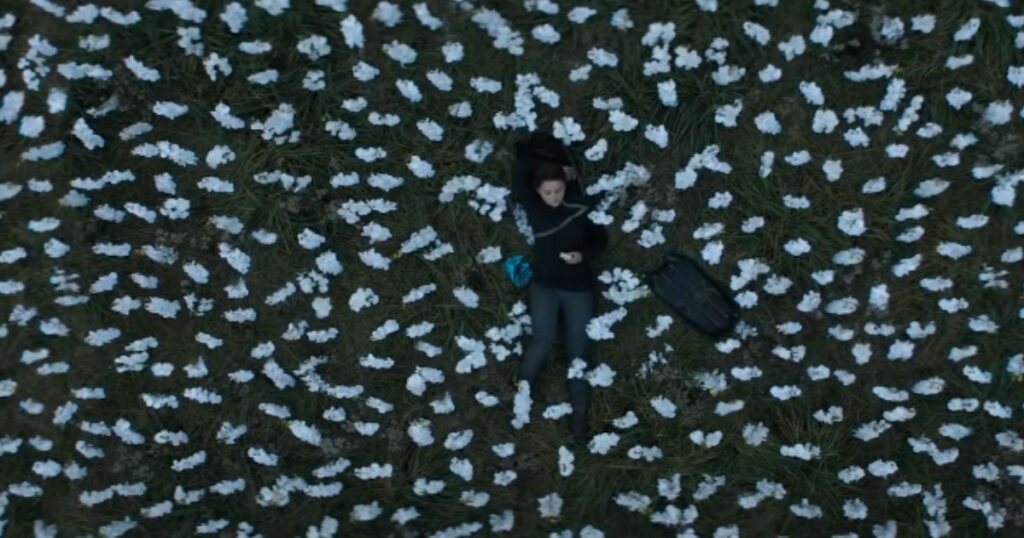
Character Breakdown
Tally Youngblood: A Flawed Protagonist
Joey King portrays Tally Youngblood, and while she brings some charm to the role, her character feels underdeveloped. Tally’s journey from a naive girl eager to conform to a rebellious free thinker lacks emotional weight, making it hard to root for her.
Peris and the “Pretties”
Tally’s best friend, Peris, undergoes the surgery early in the film, transforming into a distant, cold version of himself. This dynamic between Tally and Peris is meant to symbolize the emotional disconnect that comes with conforming to society’s beauty standards, but it falls flat in its delivery.

Shay and the Smoke
Shay, played by Brianne Tju, is Tally’s rebellious friend who refuses to undergo the surgery. She introduces Tally to the Smoke, a group of outsiders living free from society’s expectations. While Shay’s character adds some much-needed tension to the story, her arc feels rushed, and her motives are never fully explored.

Dr. Cable: A Villain Lacking Depth
Laverne Cox plays Dr. Cable, the character who drives the enforcement of the beauty transformation process. Unfortunately, Dr. Cable’s character is one-dimensional, lacking the nuance needed to make her a compelling villain.
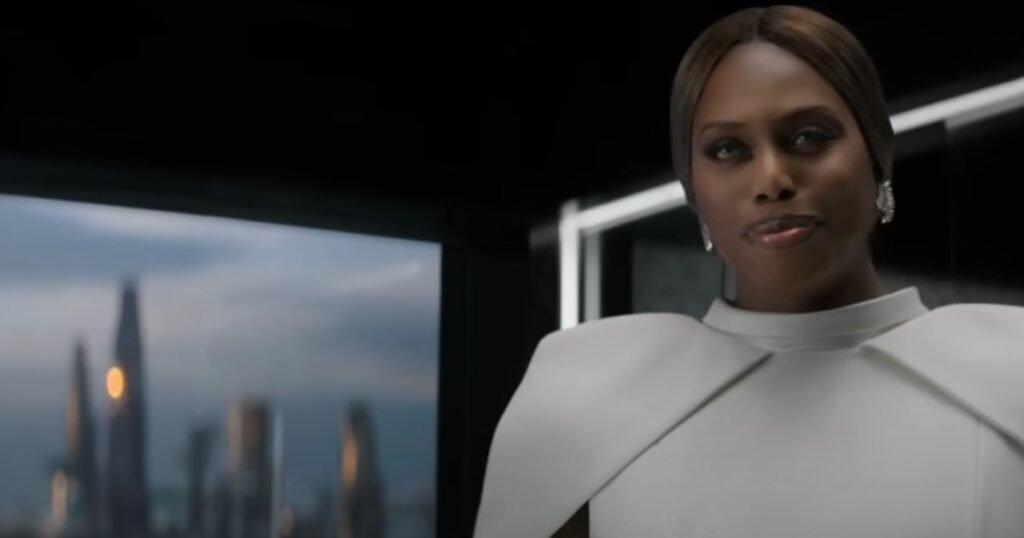
Themes and Symbolism
The Pressure of Beauty Standards
In the year 2024, where body modification and beauty standards are hot topics, Uglies had the potential to offer a sharp critique. The film’s core message revolves around rejecting superficial beauty, but the execution is so heavy-handed that the message becomes muddled.
The Dystopian Twist on Plastic Surgery
The concept of mandatory plastic surgery at 16 is intriguing, but the film fails to explore its emotional and societal implications in any meaningful way. Instead of delving deep into the psychological effects of such a system, the movie skims over these issues, opting for shallow action scenes instead.
Visuals and CGI Critique
Visually, Uglies is an assault on the senses. The over-reliance on CGI, coupled with garish production design, makes the film feel synthetic and cheap. The world of Uglies could have been a visually stunning dystopia, but instead, it feels like a poorly executed video game.
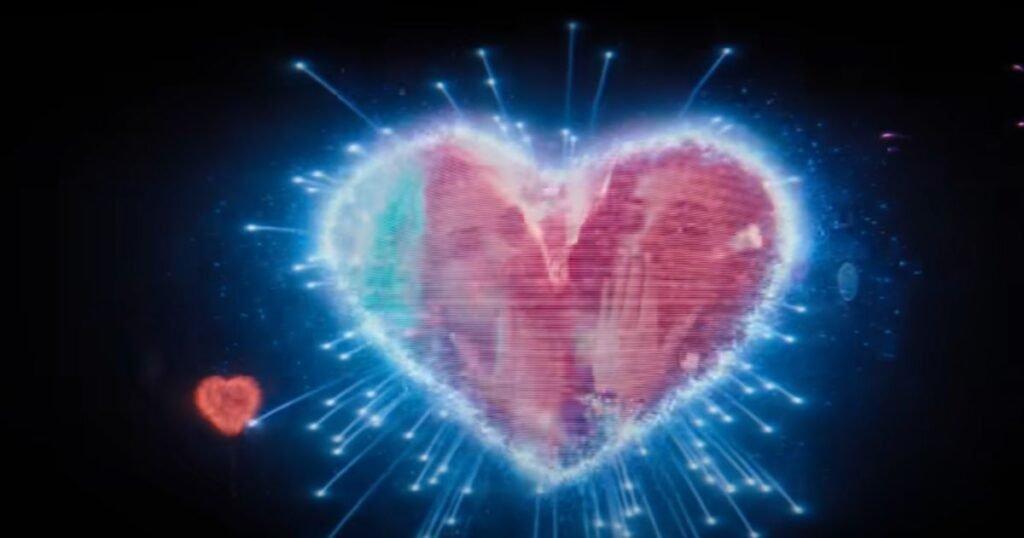
The Script: A Missed Opportunity
The biggest issue with Uglies is its script. It tries to cover too much ground too quickly, leaving little room for character development or emotional depth. The dialogue feels clunky and awkward, stripping the story of any meaningful impact.
Joey King’s Performance: A Saving Grace?
Joey King does her best with the material she’s given, and there are moments where her charm shines through. However, even King’s likability can’t save the film from its weak script and lackluster plot.
The Age Problem in Casting
Chase Stokes, at 31, plays Peris, a 16-year-old. This casting choice feels out of place and disrupts the believability of the story. It’s hard to take the film seriously when the characters’ ages don’t match their appearances.
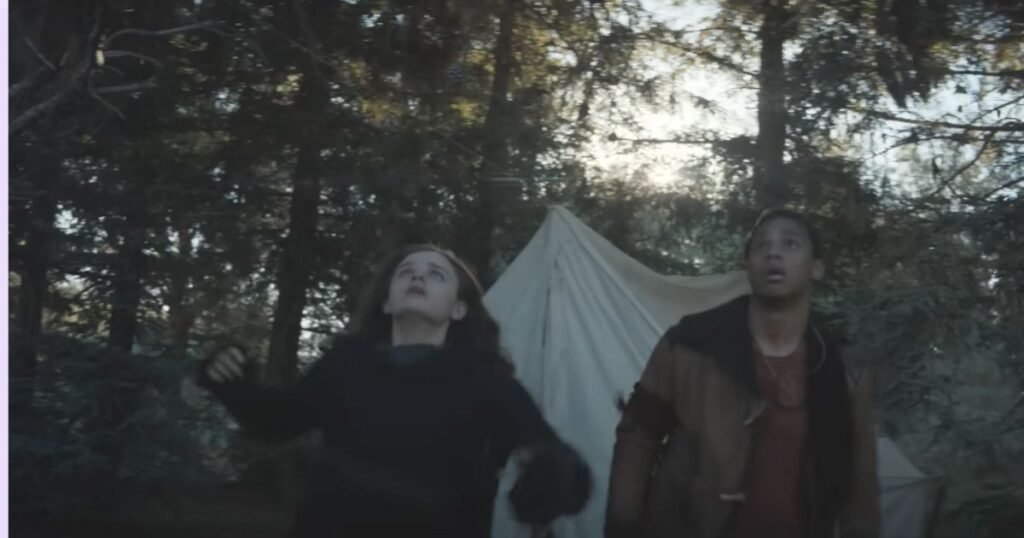
Cultural References and Jarring Moments
Throughout the film, there are strange cultural references that feel out of place, including multiple mentions of Henry David Thoreau’s Walden Pond. These moments pull the audience out of the story and make the film feel disjointed.
Missed Allegory Opportunities
While Uglies tries to offer a critique of beauty standards, it fails to delve into the complexities of the issue. In a world where everyone is beautiful, the film’s message becomes confusing and loses its intended impact.
A Message that Falls Flat
At its core, Uglies wants to challenge societal beauty norms, but it does so in a way that feels shallow and unconvincing. Instead of leaving viewers with a thought-provoking message, the film feels like another throwaway YA dystopian story.
MORE ON ENTERVYN:
The Future of Margot Robbie as Harley Quinn: Is She Ready to Pass the Baton?
God, I Love Beautiful Women: Exploring the Depths of True Beauty
Fashion 2024: Discover the Hottest Trends Shaping This Year’s Style
Sustainable Fashion in 2024: Beyond Trends – A New Mindset for Eco-Friendly Couture
Comparison to Other YA Adaptations
What made The Hunger Games and Divergent successful was their ability to combine action, emotion, and social commentary. Unfortunately, Uglies fails to find that balance, making it a forgettable entry in the YA dystopian genre.
Conclusion
Uglies falls short in its attempt to breathe new life into the YA dystopian genre. With a weak script, over-reliance on CGI, and underdeveloped characters, the film struggles to engage its audience. While Joey King does her best to elevate the material, Uglies ultimately falls flat, leaving viewers yearning for the glory days of YA adaptations.
FAQs
Is Uglies worth watching on Netflix?
Nostalgia might appeal to long-time fans of the novel, but the film’s execution leaves much to be desired.
How does Uglies compare to other YA dystopian films?
Uglies lacks the depth and emotional resonance of films like The Hunger Games and Divergent, making it a weaker entry in the genre.
What is the central message of Uglies?
The film attempts to challenge societal beauty standards, but its heavy-handed approach makes the message less impactful.
Is Joey King’s performance good in Uglies?
Joey King brings charm to the role, but even her performance can’t save the film from its weak script.
Will there be a sequel to Uglies?
While the original novel is part of a series, it’s unclear if Netflix will continue with the franchise given the film’s reception.


